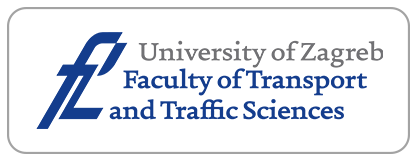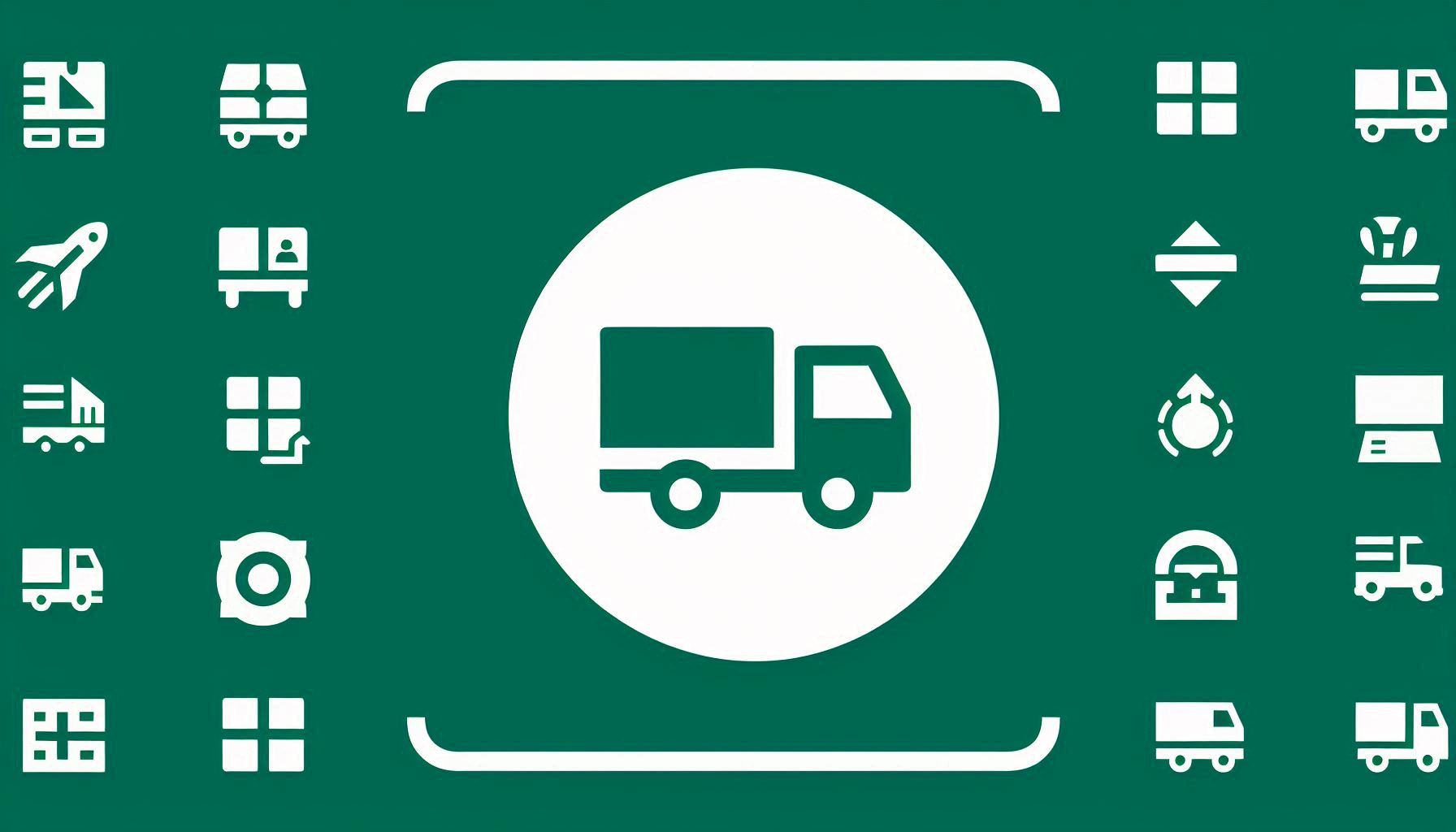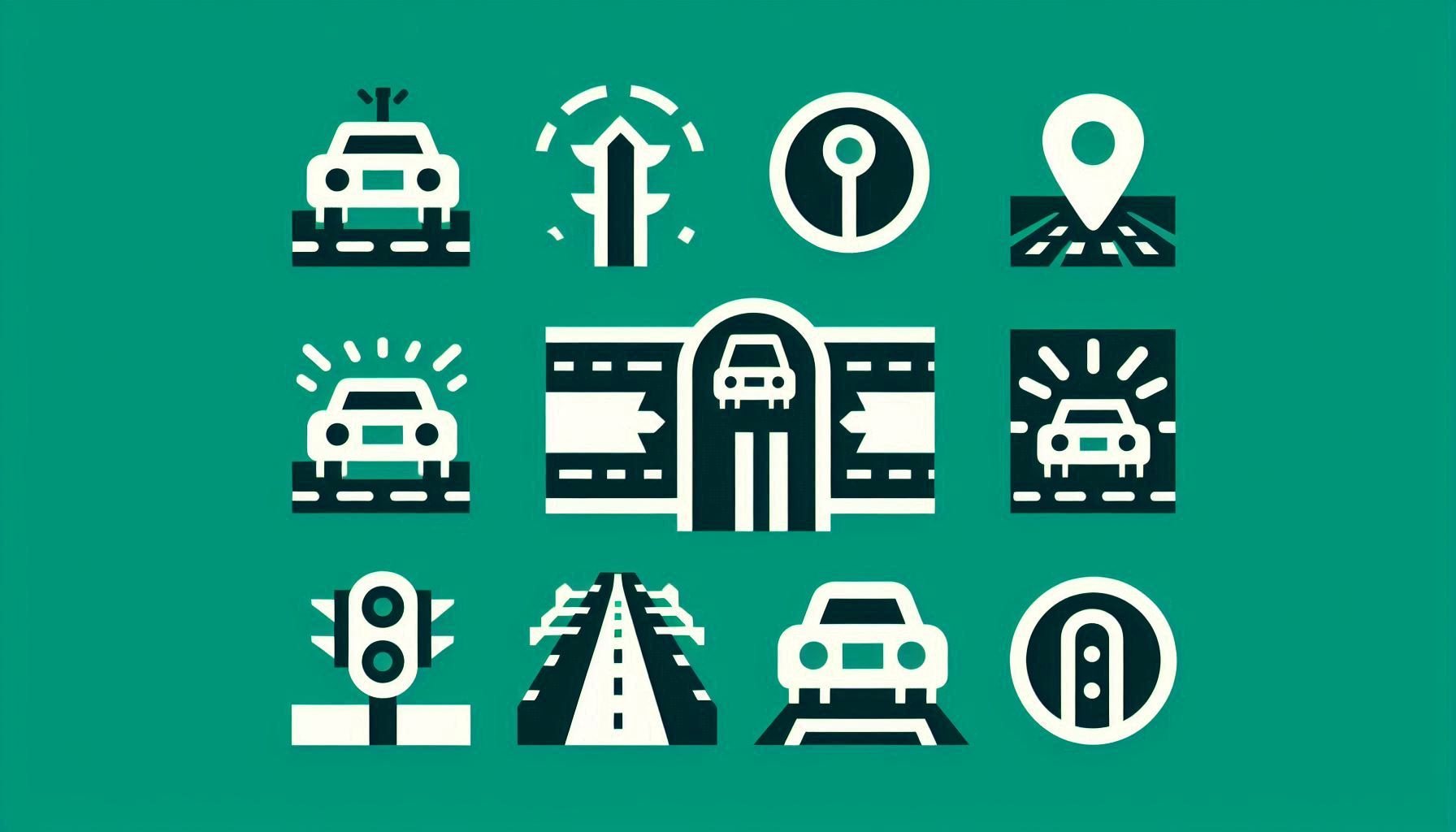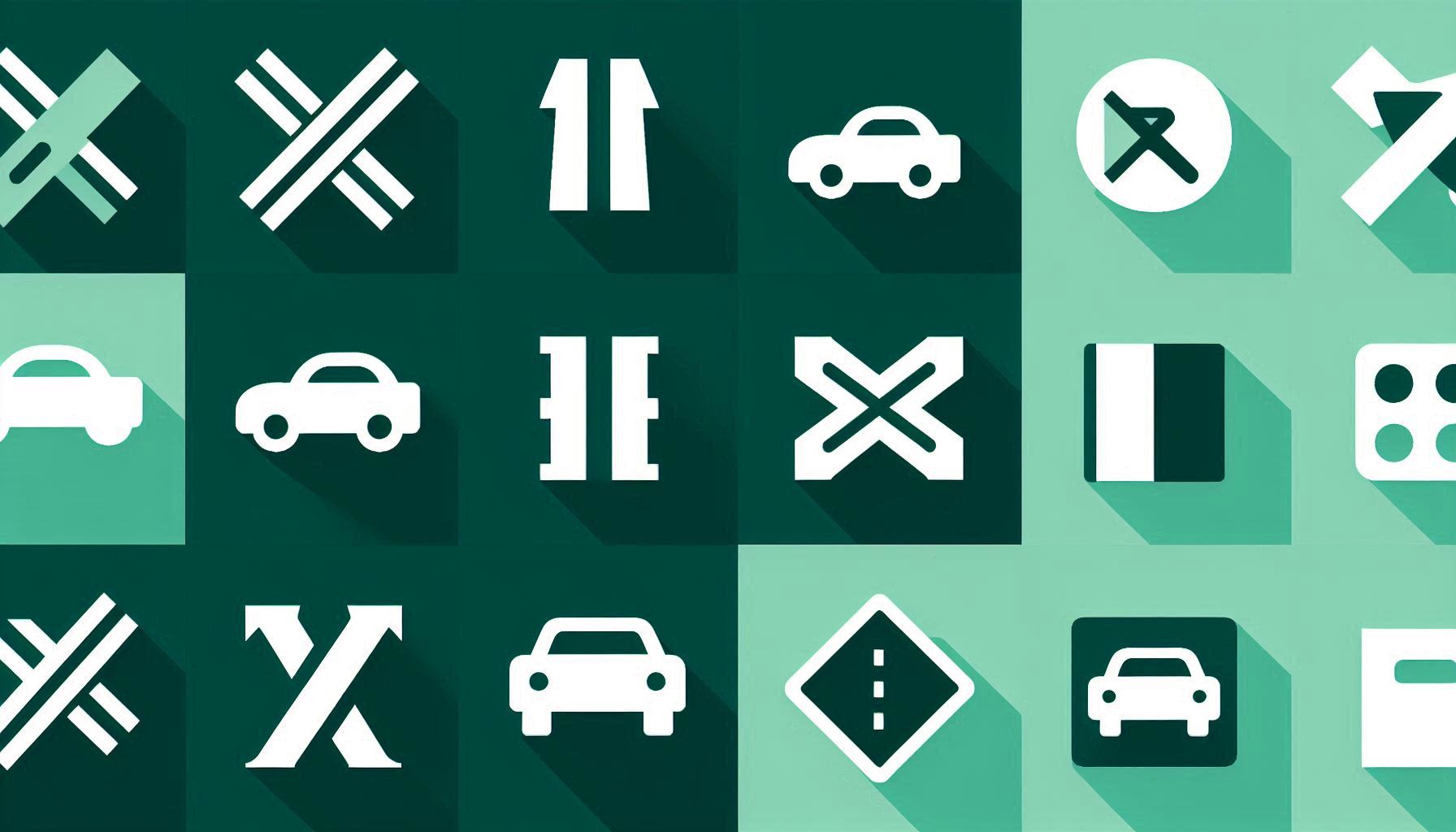Economic Investigation of a Public Transport Support Policy: A Case Study at Budapest
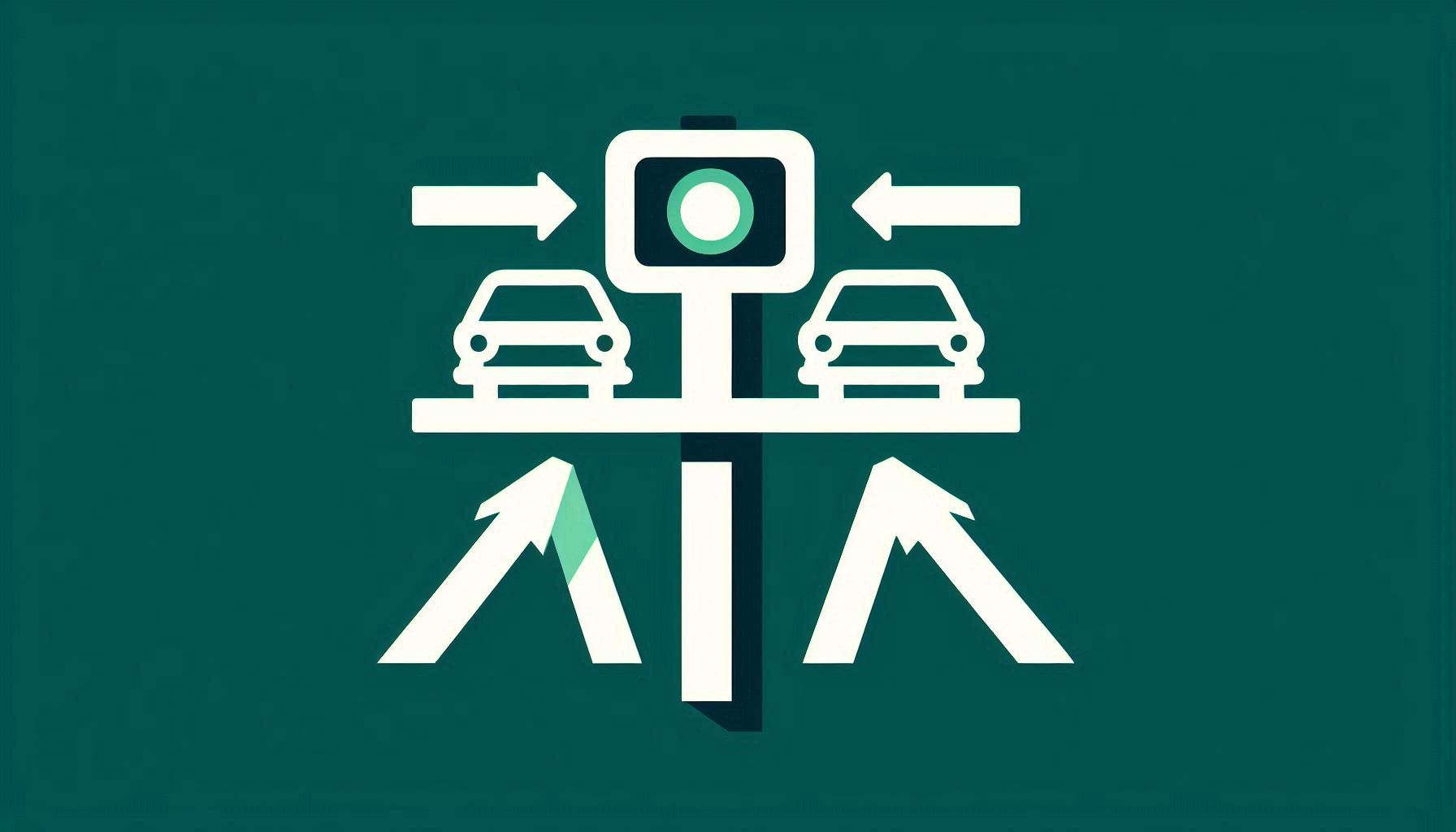
Downloads
Downloads
Holmgren J. A Strategy for Increased Public Transport Usage – The Effects of Implementing a Welfare Maximizing Policy. Research in Transportation Economics. 2014;48:221-26. doi:10.1016/j.retrec.2014.09.046
Ramjerdi F, Fearnley N. Risk and irreversibility of transport interventions. Transportation Research Part A: Policy and Practice. 2014;60:31-39.
Justen A, Schippl J, Lenz B, Fleischer B. Assessment of Policies and Detection of Unintended Effects: Guiding Principles for the Consideration of Methods and Tools in Policy-Packaging. Transportation Research Part A: Policy and Practice. 2014;60:19-30. doi:10.1016/j.tra.2013.10.015
Tobollik M, Keuken M, Sabel C, et al. Health Impact Assessment of Transport Policies in Rotterdam: Decrease of Total Traffic and Increase of Electric Car Use. Environmental Research. 2016;146:350-58. doi:10.1016/j.envres.2016.01.014
Verma A, Rahul TM, Dixit M. Sustainability Impact Assessment of Transportation Policies – A Case Study for Bangalore City. Case Studies on Transport Policy. 2015;3(3):321–30. doi:10.1016/j.cstp.2014.06.001
Sun H, Zhang Y, Wang Y, Li L, Sheng Y. A Social Stakeholder Support Assessment of Low-Carbon Transport Policy Based on Multi-Actor Multi-Criteria Analysis: The Case of Tianjin. Transport Policy. 2015;41:103-16. doi:10.1016/j.tranpol.2015.01.006
Crisalli U, Comi A, Rosati A. A Methodology for the Assessment of Rail-road Freight Transport Policies. Procedia – Social and Behavioral Sciences. 2013;87:292-305. doi:10.1016/j.sbspro.2013.10.611
Wang Y, Monzon A, Di Ciommo F. Assessing the Accessibility Impact of Transport Policy by a Land-Use and Transport Interaction Model – The Case of Madrid. Computers, Environment and Urban Systems. 2015;49:126-35. doi:10.1016/j.compenvurbsys.2014.03.005
European Commission. White paper 2011: Roadmap to a Single European Transport Area – Towards a Competitive, and Resource Efficient Transport System [homepage on the Internet]. 2011. Available from: http://ec.europa.eu/transport/themes/strategies/2011_white_paper_en
Wei Y, Huang C, Lam PT, Yuan Z. Sustainable urban development: A review on urban carrying capacity assessment. Habitat International. 2015;46:64-71. doi: 10.1016/j.habitatint.2014.10.015
Černý J, Černá A, Bohdan L. Support of decision-making on economic and social sustainability of public transport. Transport, 2014;29(1):59-68. doi: 10.3846/16484142.2014.897645
Toşa C, Antov D, Köllő G, Rõuk H, Rannala M. A methodology for modelling traffic related emissions in suburban areas. Transport. 2015;30(1):80-87. doi: 10.3846/16484142.2013.819034
Gaal G, Horváth E, Török Á, Csete M. Analysis of Public Transport Performance in Budapest, Hungary. Periodica Polytechnica: Social and Management Sciences. 2015;23(1):68-72. doi: 10.3311/PPso.7724
European Commission. White paper: European transport policy for 2010: time to decide [homepage on the Internet]. 2001. Available from: http://ec.europa.eu/transport/themes/strategies/doc/2001_white_paper/lb_com_2001_0370_en.pdf
European Commission. White paper: Roadmap to a Single European Transport Area – Towards a competitive and resource efficient transport system [homepage on the Internet]. 2010. Available from: http://eur-lex.europa.eu/LexUriServ/LexUriServ.do?uri=COM:2011:0144:FIN:en:PDF
Masoumi HE, Soltanzadeh H. A Regional Analysis Of Urban Population And Transport Energy Consumption. International Journal for Traffic & Transport Engineering. 2014;4(4):372-385. doi: 10.7708/ijtte.2014.4(4).02
Fátima Teles M, Sousa JF. Environmental Management and Business Strategy: Structuring the Decision-Making Support in a Public Transport Company. Transportation Research Procedia. 2014;3:155-164. doi:10.1016/j.trpro.2014.10.101
Mori U, Mendiburu A, Álvarez M, Lozano JA. A review of travel time estimation and forecasting for Advanced Traveller Information Systems. Transportmetrica A: Transport Science. 2015;11(2):119-157. doi: 10.1080/23249935.2014.932469
Zhou Z, Cai M. Intersection Signal Control Multi-Objective Optimization Based on Genetic Algorithm. Journal of Traffic and Transportation Engineering. 2014;1(2):153-158. doi: 10.1016/S2095-7564(15)30100-8
Lämmer S, Kori H, Peters K, Helbing D. Decentralised Control of Material or Traffic Flows in Networks Using Phase-Synchronisation. Physica A: Statistical Mechanics and Its Applications. 2006;363(1):39-47. doi:10.1016/j.physa.2006.01.047
Smits ES, Bliemer MCJ, Pel AJ, van Arem B. A Family of Macroscopic Node Models. Transportation Research Part B: Methodological. 2015;74(4):20-39. doi:10.1016/j.trb.2015.01.002
Index.hu. Cost of intersection controlling [homepage on the Internet]. In Hungarian: Nagykörúti lámpahangolás. 2012. Available from: http://index.hu/belfold/budapest/2012/02/06/44_millioba_kerult_a_lampaathangolas/ last visit: April 5. 2015
Ozbay K, Bartin B, Yanmaz-Tuzel O, Berechman J. Alternative Methods for Estimating Full Marginal Costs of Highway Transportation. Transportation Research Part A: Policy and Practice. 2007;41(8):768-86. doi:10.1016/j.tra.2006.12.004
Flügel S. Accounting for User Type and Mode Effects on the Value of Travel Time Savings in Project Appraisal: Opportunities and Challenges. Research in Transportation Economics. 2014;47:50-60. doi:10.1016/j. retrec.2014.09.018
Uchida K. Estimating the Value of Travel Time and of Travel Time Reliability in Road Networks. Transportation Research Part B: Methodological. 2014;66:129-47. doi:10.1016/j.trb.2014.01.002
Meszaros F, Torok A. Theoretical Investigation of Emission and Delay Based Intersection Controlling and Synchronising in Budapest. Periodica Polytechnica: Transportation Engineering. 2014;42(1):37-42. doi: 10.3311/PPtr.7183
European Commission. Action Plan for Energy Efficiency. COM(2006)545 [homepage on the Internet]. 2008. Available from: http://eur-lex.europa.eu/legal-content/EN/TXT/?uri=CELEX%3A52006DC0545





